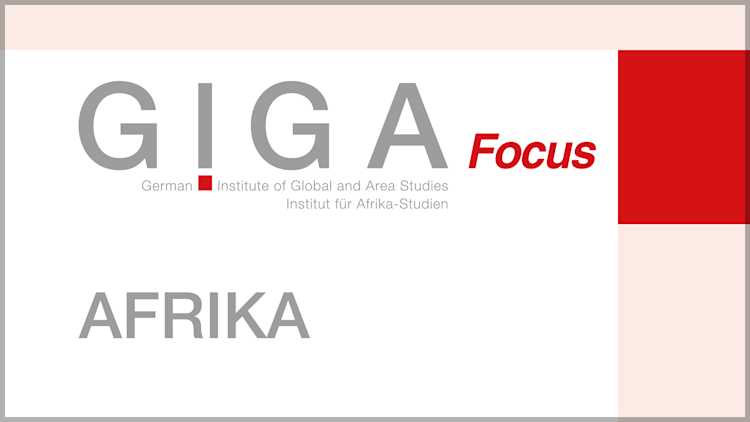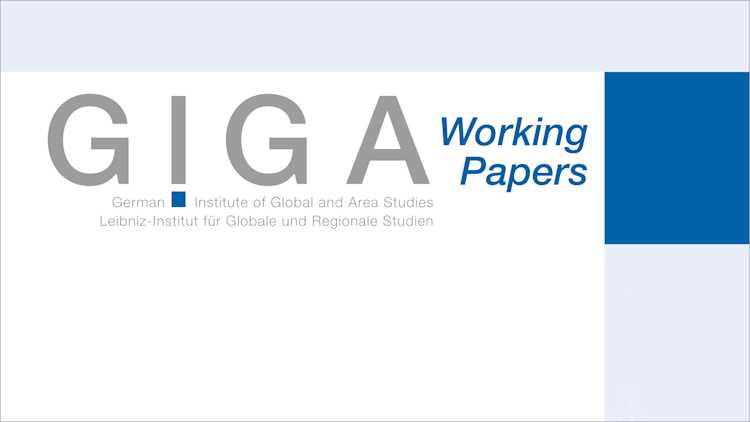- Home
- Publications
- GIGA Focus
- Medien in Lateinamerika: Zeit für Reformen
GIGA Focus Latin America
Medien in Lateinamerika: Zeit für Reformen
Number 6 | 2013 | ISSN: 1862-3573
In ganz Lateinamerika steht derzeit die Rolle der Medien in der Demokratie zur Debatte. Während die Studentenbewegung in Mexiko 2012 eine grundlegende Demokratisierung der Medien forderte, verändern im südlichen Lateinamerika mehrere linke und populistische Regierungen die rechtlichen Rahmenbedingungen für den Mediensektor.
Analyse Während sich die politischen Systeme Lateinamerikas seit den 1980er Jahren demokratisierten, nahm die Konzentration von Besitz und Macht im Mediensektor eher noch zu. Dieser Widerspruch schafft Spannungen, die sowohl gesellschaftliche Reformforderungen als auch staatliche Initiativen zur Neugestaltung des Rechtsrahmens für die Medien zur Folge haben.
Traditionelle Eliten und neue Großkonzerne prägen bis heute die lateinamerikanische Medienlandschaft.
Reforminitiativen aus der Zivilgesellschaft und von einer Reihe von Regierungen weisen auf die zentrale Rolle der Medien für den politischen Willensbildungsprozess hin und fordern ihre Anpassung an die Erfordernisse der Demokratie.
In Argentinien, Bolivien, Ecuador, Uruguay und Venezuela setzten die Regierungen neue Mediengesetze durch. Die hiermit verbundenen Konflikte unterscheiden sich entsprechend der jeweils gegebenen Konstellation in Politik und Medien.
Trotz der wachsenden Bedeutung neuer Medien und Informationstechnologien dominieren die traditionellen Medien, vor allem das Fernsehen, nach wie vor die öffentliche Meinungsbildung. Nicht das Internet, sondern die "alten" Massenmedien stehen im Zentrum der politischen Auseinandersetzungen.
Europäische Medien berichten kaum über Forderungen aus der Zivilgesellschaft in Lateinamerika, die Medien zu demokratisieren. Die aktuellen Konflikte werden fast ausschließlich als autoritäre Tendenzen populistischer Caudillos verstanden.
Footnotes
How to cite this article
Kitzberger, Philip (2013), Medien in Lateinamerika: Zeit für Reformen, GIGA Focus Latin America, 6, Hamburg: German Institute for Global and Area Studies (GIGA), http://nbn-resolving.de/urn:nbn:de:0168-ssoar-361655
Imprint
The GIGA Focus is an Open Access publication and can be read on the Internet and downloaded free of charge at www.giga-hamburg.de/en/publications/giga-focus. According to the conditions of the Creative-Commons license Attribution-No Derivative Works 3.0, this publication may be freely duplicated, circulated, and made accessible to the public. The particular conditions include the correct indication of the initial publication as GIGA Focus and no changes in or abbreviation of texts.
The German Institute for Global and Area Studies (GIGA) – Leibniz-Institut für Globale und Regionale Studien in Hamburg publishes the Focus series on Africa, Asia, Latin America, the Middle East and global issues. The GIGA Focus is edited and published by the GIGA. The views and opinions expressed are solely those of the authors and do not necessarily reflect those of the institute. Authors alone are responsible for the content of their articles. GIGA and the authors cannot be held liable for any errors and omissions, or for any consequences arising from the use of the information provided.





